Biofeedback Meditation
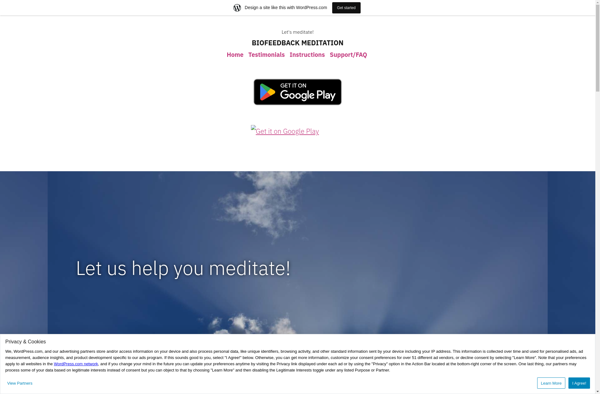
Biofeedback Meditation: Track Your Mindfulness with Real-Time Feedback
Biofeedback meditation apps use sensors to measure physiological signals like heart rate variability to guide meditation sessions. They provide real-time feedback to help users achieve and maintain meditative states.
What is Biofeedback Meditation?
Biofeedback meditation apps are designed to facilitate and enhance meditation practices through biofeedback. They use sensors and algorithms to track physiological signals in the body like heart rate, skin temperature, and heart rate variability.
As a user meditates, the app provides real-time visual and audio feedback that reflects the state of their nervous system. For example, if their mind is calm and body relaxed, they may see soothing images and hear peaceful sounds. If stressed or distracted, the feedback will adjust accordingly.
The goal is to help users learn to recognize and achieve a deeply focused, present, and tranquil state of mind. The biofeedback makes this meditative state tangibly visible, almost like a game interface showing a scoring of their progress. It also guides them back if they become distracted or tense.
Over time, the biofeedback can teach what specific mental states and breathing patterns induce relaxation, while increasing awareness of habitual stress triggers. This allows users to replicate the peaceful states more easily in daily life. Features like guided meditation sessions, customizable tracks, and progress reporting further enhance the utility of biofeedback programs.
Biofeedback Meditation Features
Features
- Heart rate variability (HRV) biofeedback
- Breathing pacer to help regulate breathing
- Meditation training programs and exercises
- Progress tracking and statistics
- Customizable meditation sessions
- Animated visualizations and graphics
- Calming soundscapes and music
Pricing
- Freemium
- Subscription-Based
Pros
Cons
Official Links
Reviews & Ratings
Login to ReviewThe Best Biofeedback Meditation Alternatives
Top Sport & Health and Meditation and other similar apps like Biofeedback Meditation
Here are some alternatives to Biofeedback Meditation:
Suggest an alternative ❐Headspace
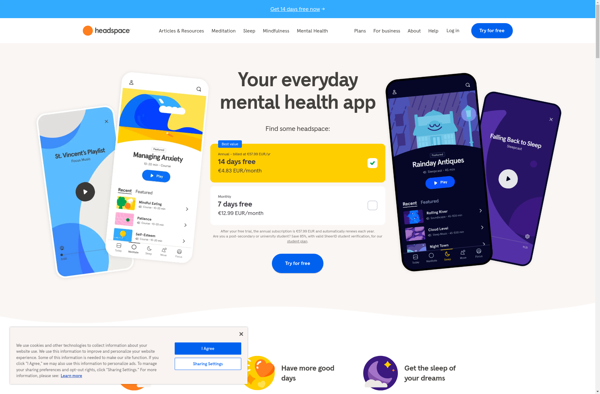
Calm
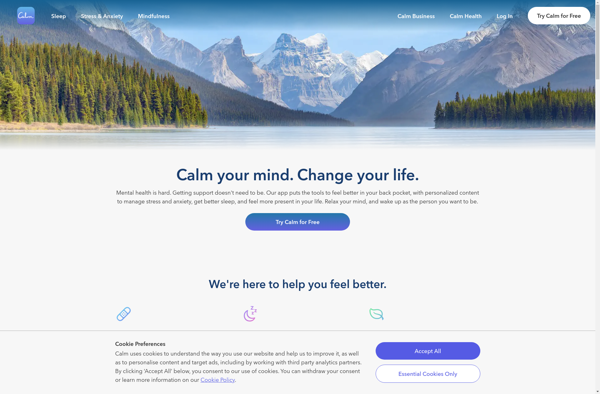
Inner Breeze
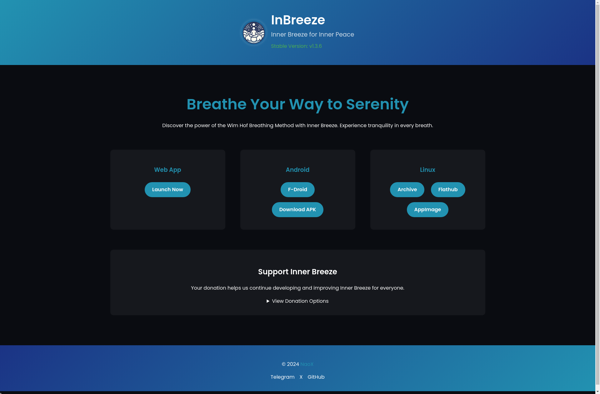
Waking Up, with Sam Harris
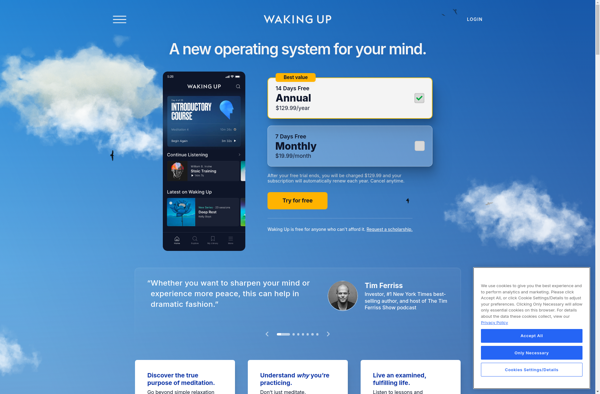
Simple Habit
The Breathing App
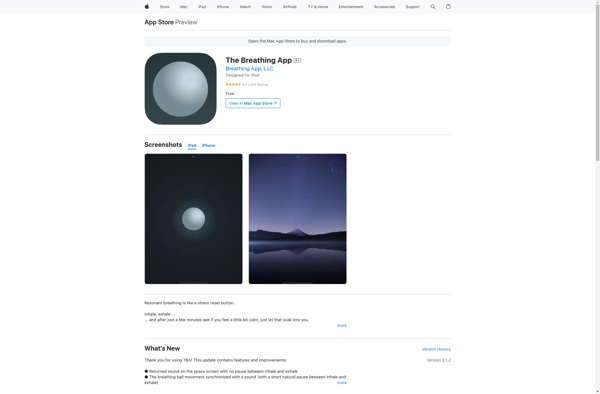
Moodwill
